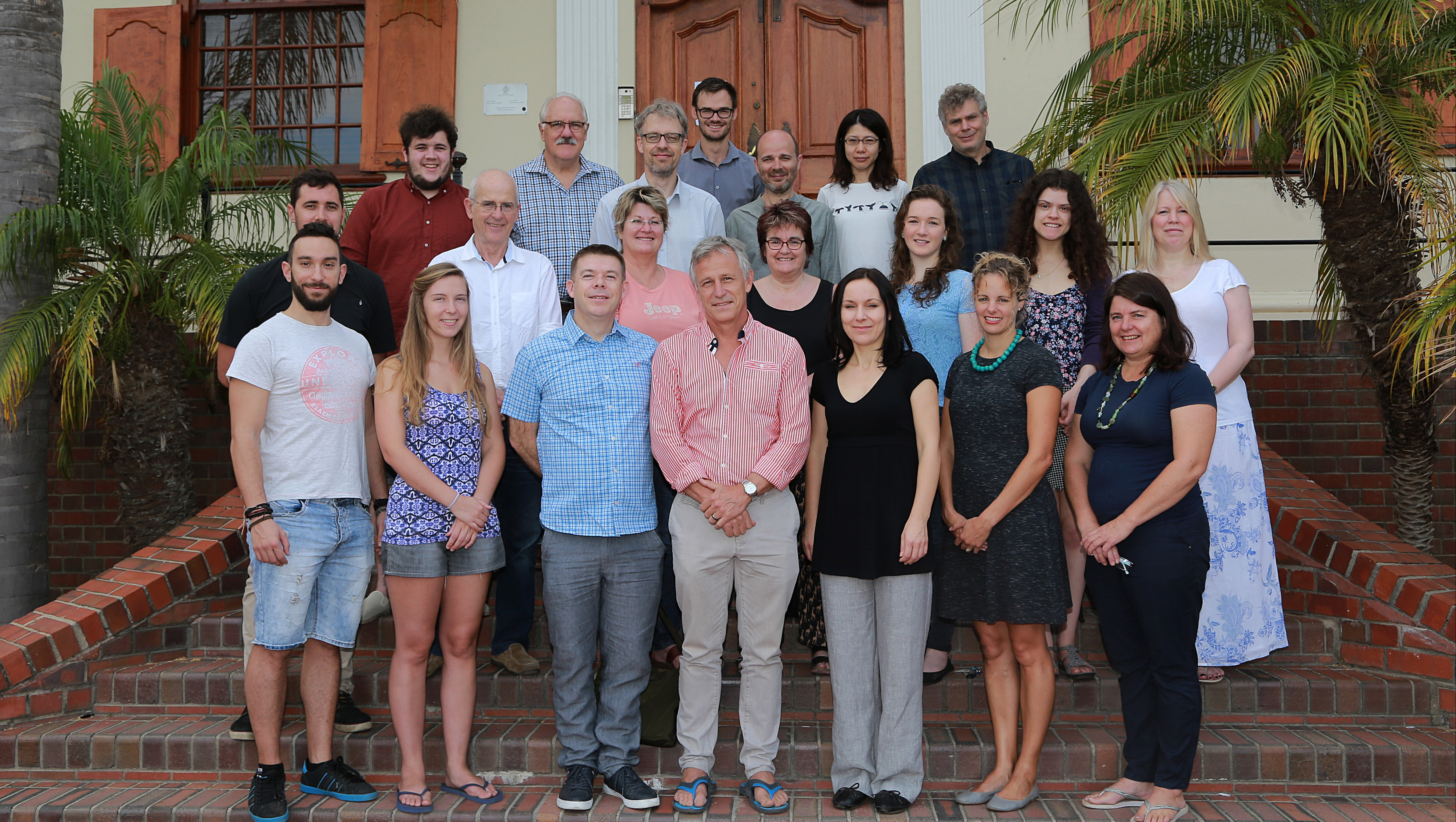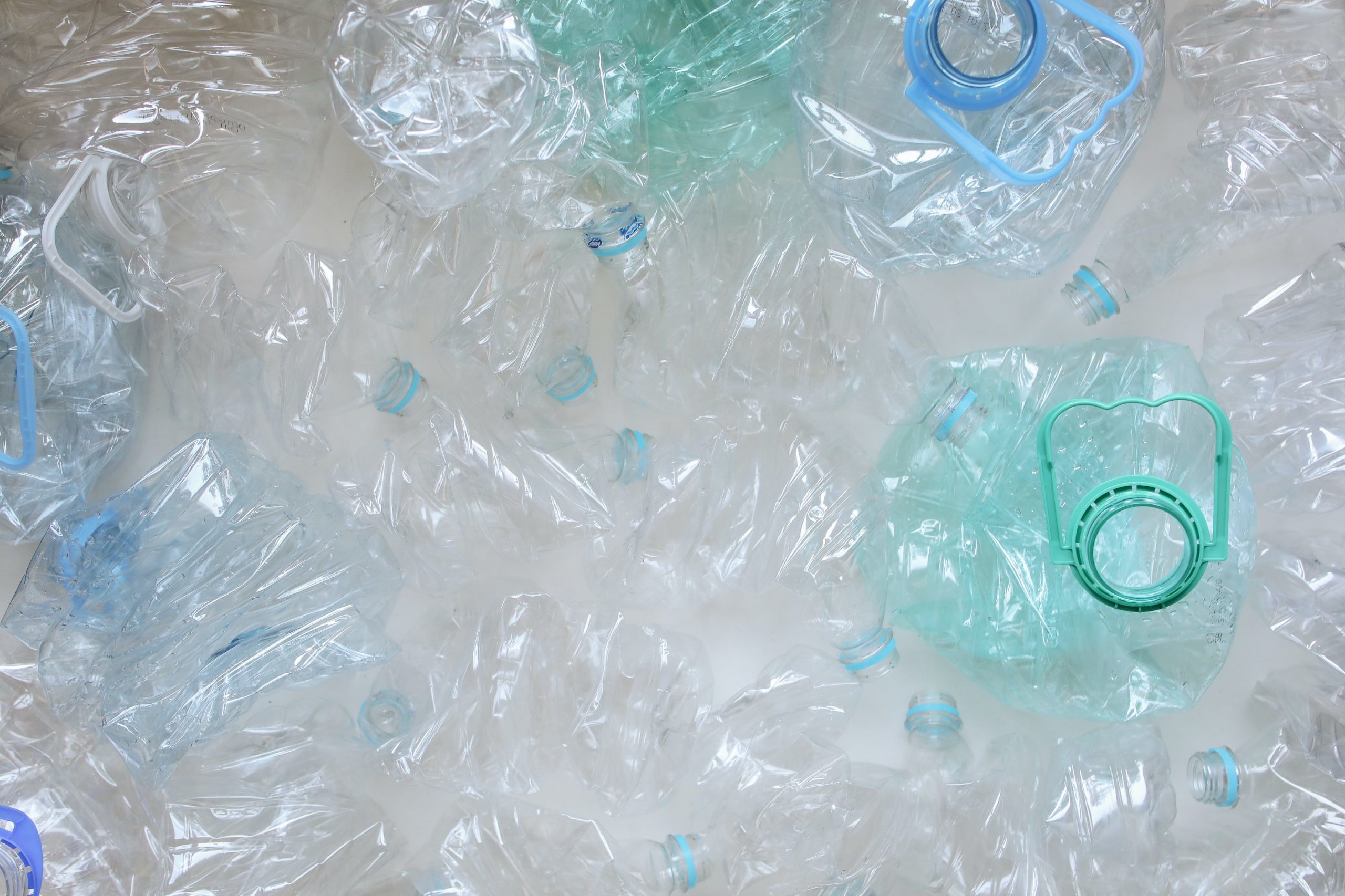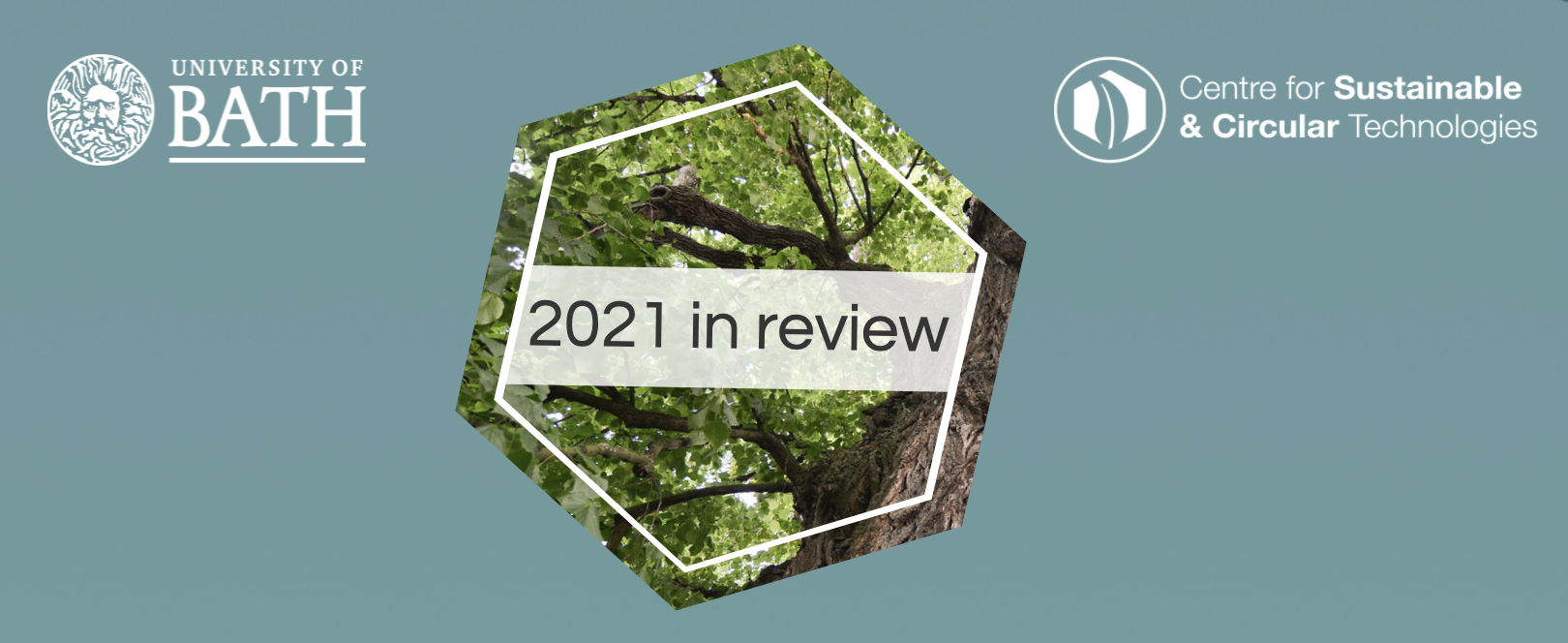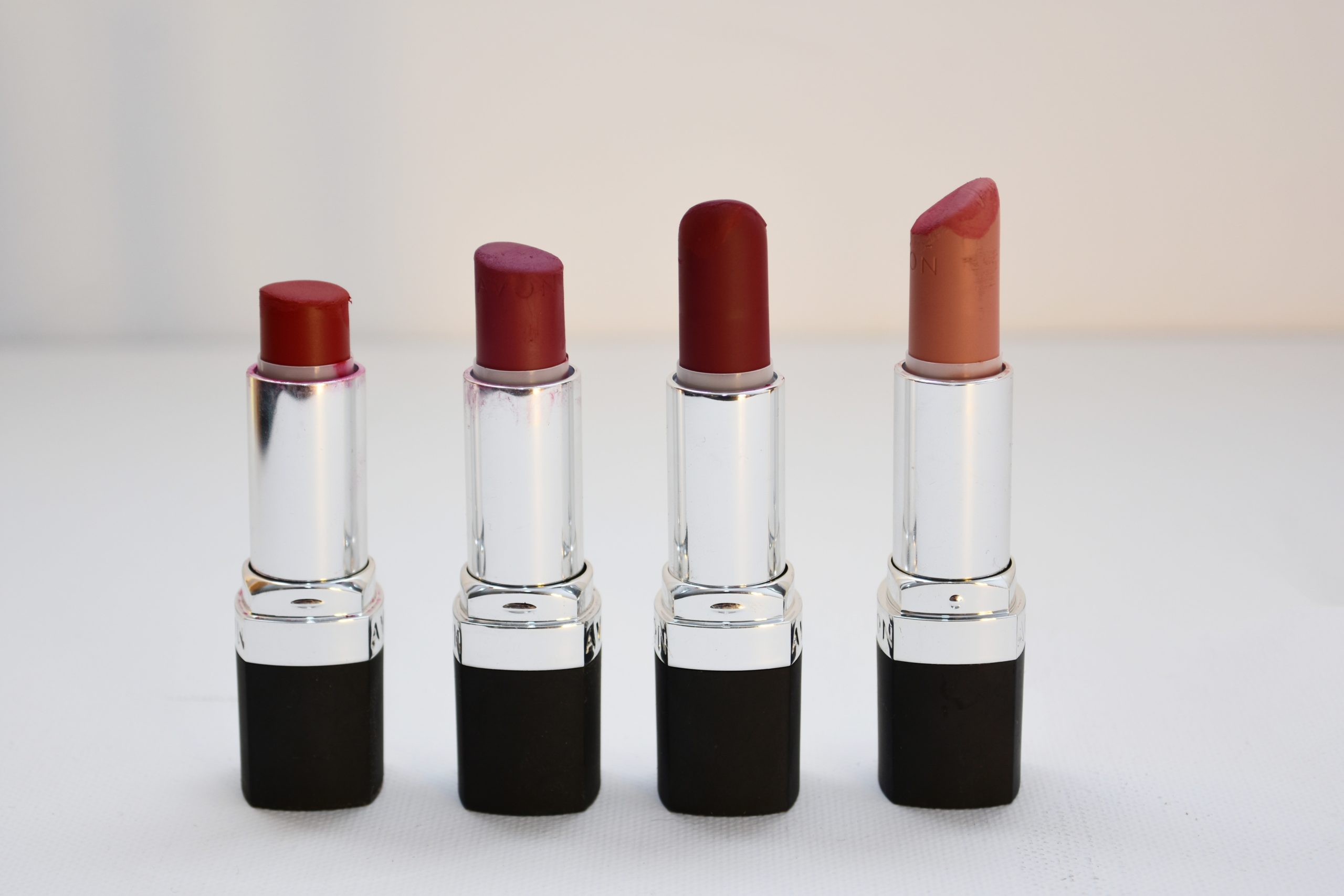
ReNEW project meets for the first time in South Africa
Members of the ReNEW project which is aiming to develop a ‘water fingerprinting’ technology to help mitigate infectious diseases, recently met in South Africa.
In receipt of £1.1m funding from the Global Challenges Research Fund (GCRF) through the Engineering and Physical Sciences Research Council (EPSRC), ReNEW (ReNEW project Developing Resilient Nations – Towards a Public Health Early Warning System via Urban Water Profiling) is aiming to test a city’s water using an innovate ‘water fingerprinting’ technology and could soon be mitigating infectious diseases and limiting the spread of antibiotic resistant “superbugs” such as E. coli.
The project recently had its first workshop in South Africa and was hosted by Professor Gideon Wolfaardt, Director of the Stellenbosch University Water Institute. This first meeting built upon earlier foundations for a stimulating, productive and innovative research programme within the societally critical area of urban water profiling in which six Post-Doctoral Research Associates and two PhD students have been recruited as part of this programme.
This GCRF-supported programme will enable the researchers to work with colleagues at a number of South African-based organisations including the East Rand Water Care Company (ERWAT), Water Research Commission and the NRF THRIP (Technology and Human Resources for Industry Programme).
ReNEW is an example of multidisciplinary and internationally collaborative research project between the Universities of Bath and Stellenbosch.
At Bath, ReNEW involves researchers from the CSCT, Water Innovation & Research Centre (WIRC @ Bath), Institute for Policy Research (IPR), Centre for Biosensors, Bioelectronics and Biodevices (C3Bio), Milner Centre for Evolution, as well as the Departments of Chemistry, Biology & Biochemistry, Psychology, Electronic & Electrical Engineering and Architecture & Civil Engineering.
The Stellenbosch University team spans across the Sustainability Institute (SI), Centre for Studies in Complexity (CSC), Stellenbosch University Water Institute (SUWI), and Departments of Microbiology, Electrical & Electronic Engineering and Process Engineering.
Lead Investigator and Professor in Environment & Analytical Chemistry and member of the WIRC @ Bath, Barbara Kasprzyk-Hordern said: “We are delighted to have established this major international network between the University of Bath and Stellenbosch University in which we will aim to gain a head start in diagnosing and hence treating major public health issues, including disease outbreaks. Our network will make a major contribution in this area.”







